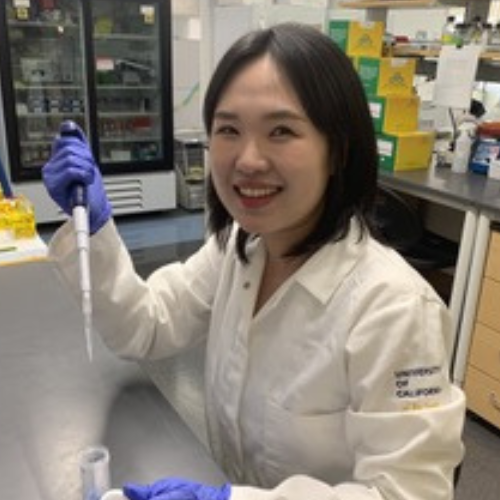Sohyeon Park, PhD
Sohyeon Park, PhD

Macrophages are a major component of the body’s first line of defense, acting as sentinel cells that detect and respond to threats. One powerful trait of macrophages is their ability to modulate their response based on previous exposure to stimuli. In cancer, this adaptability can steer macrophages either to fight tumors or to protect them, depending on prior experiences. This phenomenon is often referred to as “macrophage memory.” Though macrophage memory is increasingly recognized as a factor influencing cancer progression and treatment outcomes, the mechanisms that allow macrophages to retain this memory remain unclear. Dr. Park hypothesizes that exposure of macrophages to certain stimuli leads to lasting changes in the structure of their DNA. She will combine both experimental and computational approaches to elucidate how this memory forms and how it affects the expression of immune-related genes. By uncovering the principles of macrophage memory formation, she will lay the groundwork for strategies to reprogram macrophages, potentially enhancing anti-tumor immunity and improving cancer therapy.
Dr. Park will use machine learning–aided genome modeling, leveraging bulk Hi-C data, to reconstruct 3D chromosome structures and validate them with deep learning–based image analysis. This framework will infer single-cell 3D chromosome structure in macrophages. Dr. Park will also quantify nuclear speckle–mRNA spatial relationships using microscopy and develop mathematical models of gene regulation that incorporate transcription factor activity. This integrative approach will reveal how chromosome structure shapes macrophage immune memory and functional response in cancer.
